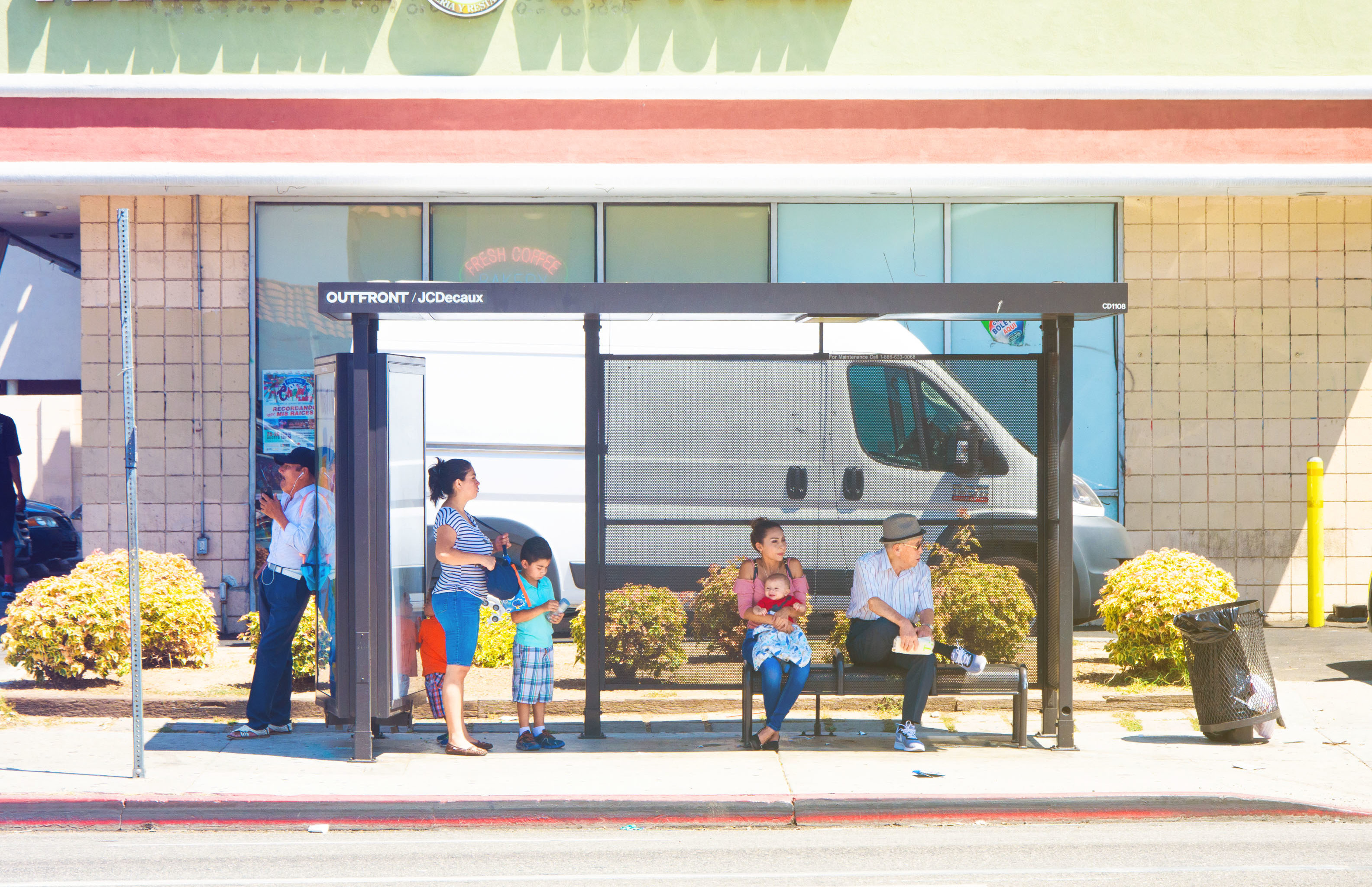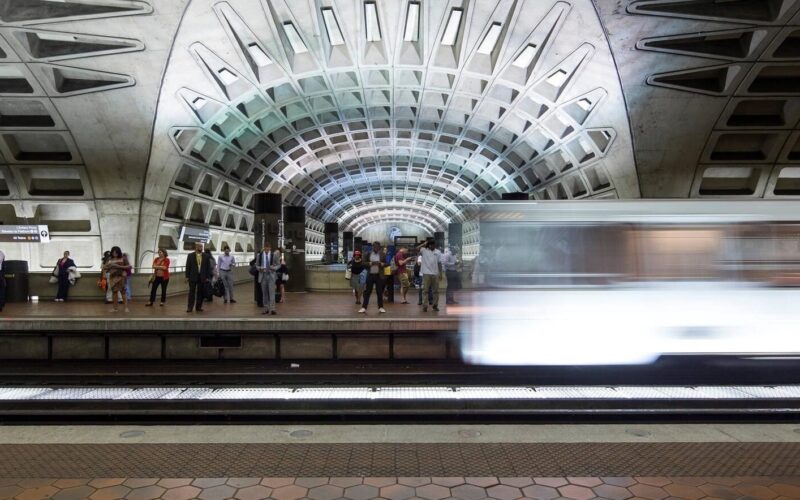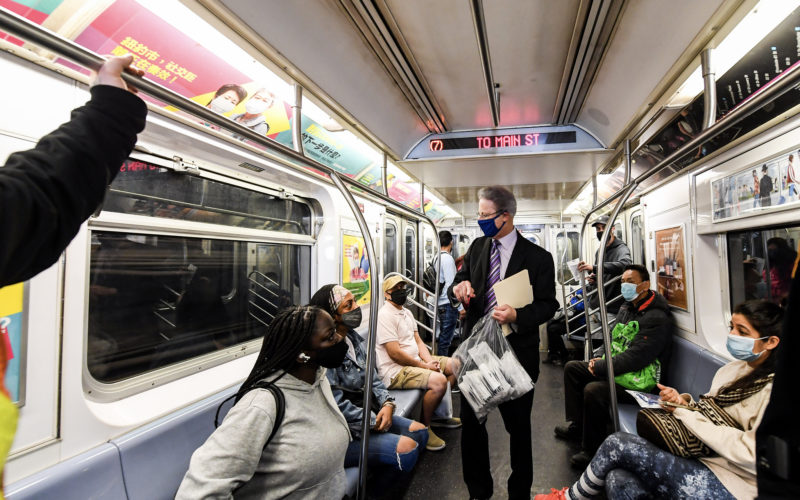
Two years ago today, on January 31, 2012, a closing was finalized in New York City: TransitCenter, Inc. sold the assets and operations of the TransitChek business line to Wage Works, Inc. Though it didn’t garner press at the levels of the Exxon-Mobil or Time-Warner-AOL mergers, it marked a significant moment in our history, and it is an instructive story in the annals of innovation and civic action to remember now, two years hence. That sale will provide benefits to society for years to come, because the proceeds from that transaction form the current TransitCenter’s endowment.
This story is a reminder that TransitCenter started with civic-minded research to answer a public policy need. At the start of the organization, the question was how public policy could make transit more attractive and convenient to riders (a topic we are still working on and intend to take to the next level in this lifetime!). And while TransitChek ended up ultimately yielding significant market value as measured by its valuation on January 31, 2012, it is interesting to note that originally the organization’s founders had not set out to make money but to make good policy.
The civic-minded question of how to make transit more attractive and convenient instigated research which led to an idea: a pre-tax benefit for transit riders, to level the playing field with the pre-tax federal subsidy already being granted to commuters who drive cars. The idea was that transit users ought to get a similar break, especially because they contribute less to air pollution and traffic congestion.
Consistent with their original civic orientation, the founders didn’t stop at the answer; they found political will and support to turn the idea into public policy. That idea was initially an abstraction, as all public policy ideas are. But over time and with the continued spirit of civic leadership, the abstraction became a thing, in the tangible sense that a ball bearing or an iPad or a pop-up toaster is a thing. Our “thing” became TransitChek, originally paper vouchers through subsequent incarnations of various electronic credit and debit cards. These things conveyed the abstract value of an employee’s pre-tax wages into transportation services, the very tangible ride to and from work and a very real benefit to riders.
TransitChek was both the idea and the thing that Wage Works purchased from TransitCenter. And two years later that thing remains a going concern of value to the hundreds of thousands of Wage Works customers who use it. That value, in a pure financial market sense measured by the snapshot of the transaction two years ago today, could be reckoned at around $58 million. But while that asset was sold, and has a price tag to it, the spirit of civic-minded entrepreneurship that started it remains at TransitCenter, and has the prospect to appreciate endlessly.
The board and past management of TransitCenter deserve credit for successfully managing this improbable journey from public interest research to an idea to a product to a philanthropic endowment, and we should celebrate their accomplishment on this second anniversary of the financial realization represented by the proceeds of that sale. (I can say this without being accused of boasting; I was hired in 2013 after the sale and had nothing to do with its painstaking and successful consummation. I was lucky to inherit the narrative, and the sense of stewardship inherent in it.) The early leaders of what would become TransitCenter were not aiming for “share-holder value” in the conventional sense. They were initially seeking something entirely public-spirited: to increase the use of transit and improve the environment and economy. The “share-holders,” in this metaphor, was the public, and the “return on investment” was return measured by ridership increases, pollution reduction, or job-seekers connected to more workplaces at lower cost. In setting out to make that social and environmental return on investment, and by being continually responsive to the times and its customers, the founders of TransitCenter succeeded in meeting social, environmental, and economic ROI. It is a remarkable story of creating financial value along with social and environmental good – several forms of return on investment at once.
The TransitCenter Board of Directors carried some enduring principles on that journey, through the operations and sale, and now continue to carry those principles forward as the original purposes of the organization: a dedication to public interest research, innovation, and execution of ideas. We are now seeking to achieve those purposes in this new phase of the organization’s lifespan. We feel privileged to carry this values forward and appreciate the foundation laid by our founders: in incorporating our non-profit in 2001, they stated as our mission “research and advocacy to improve the use of transit and the cities that transit serves.”
Personally, I view the funds generated by the board’s astute stewardship of the TransitChek transaction two years ago today to be a karmic trust. It is a karmic trust in the sense that the funds were generated by the results of public interest research and by the patronage of the employers and transit riders who chose to use TransitChek, and that those funds should be re-invested and nurtured for those same purposes and to benefit those same interests by which they were generated. How fitting that the returns on past investment in policy innovation should be sustained to provide on-going returns in policy innovation for the future.
 On the Brink: Will WMATA’s Progress Be Erased by 2024?
On the Brink: Will WMATA’s Progress Be Erased by 2024?
The experience of being a WMATA rider has substantially improved over the last 18 months, thanks to changes the agency has made like adding off-peak service and simplifying fares. Things are about to get even better with the launch of all-door boarding later this fall, overnight bus service on some lines starting in December, and an ambitious plan to redesign the Metrobus network. But all of this could go away by July 1, 2024.
Read More What’s Going on With Transit Service at the Seven Highest Ridership U.S. Cities? NYC Edition
What’s Going on With Transit Service at the Seven Highest Ridership U.S. Cities? NYC Edition
New York City Transit’s service levels have remained remarkably strong throughout the pandemic. Crew operator availability remains the agency’s biggest challenge, as well as adjusting weekend maintenance schedules in order to run service that matches strong weekend demand.
Read More